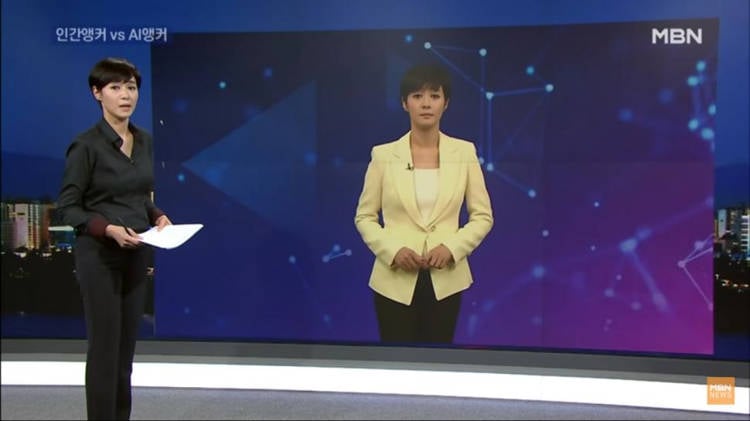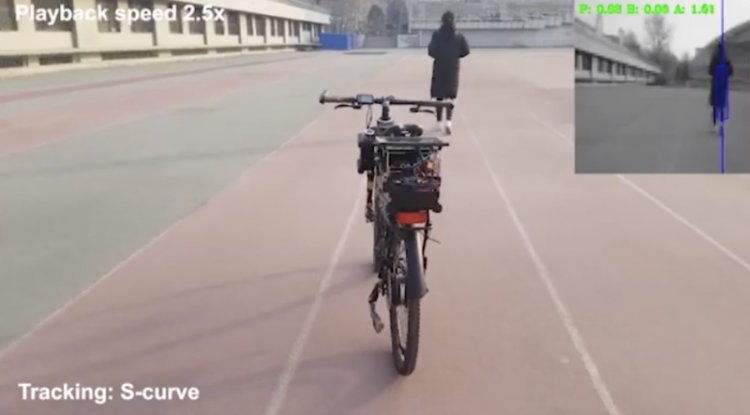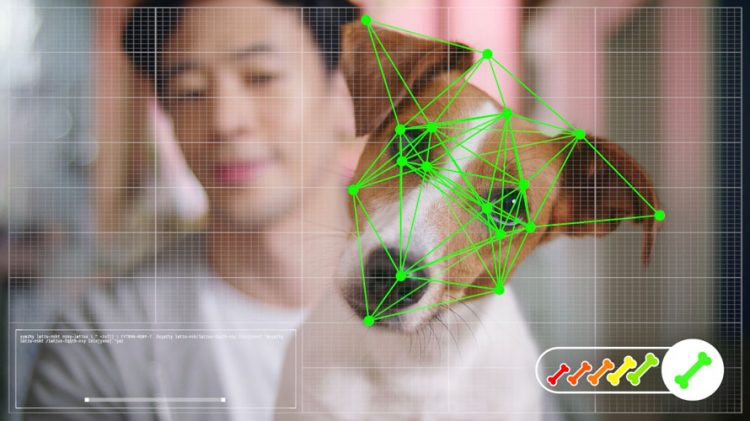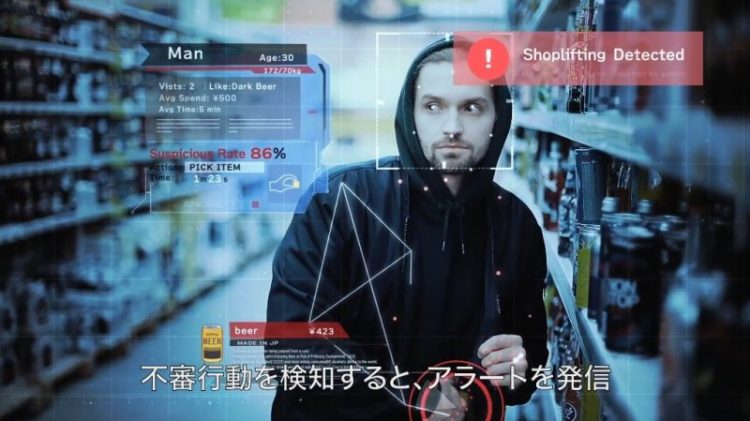Meet China’s First AI-Powered Virtual University Student

Hua Zhibing officially registered and became a student of Beijing’s Tsinghua University on Tuesday. But she’s not just another student, but China’s first AI-powered, virtual student. Hua Zhibing’s appearance, voice and even the music playing in the background of the vlog she introduced herself to the world in were all created using on a record-breaking […]
This South Korean YouTuber Isn’t Real, But the Result of Impressive Deepfake Technology

In an age when AI-controlled digital news anchors exist, and digitally-rendered Instagram influencers have millions of adoring fans, it’s really no surprise that people are turning to so-called deepfake technology to enhance their looks and reach online stardom. Asian social media has been buzzing about this young South Korean youtuber who goes by the moniker […]
South Korea’s First AI-Powered News Anchor Looks Eerily Realistic

South Korean television channel MBN recently introduced its viewer’s to the Asian country’s first ever AI-powered news anchor, an eerily realistic version of human anchor Kim Ju-ha. Developed by MBN in partnership with artificial intelligence production company Money Brain, South Korea’s first AI-powered news anchor was reportedly shockingly similar to her human inspiration. Not only […]
AI-Powered Camera Keeps Mistaking Linesman’s Bald Head for Ball During Football Match

A Scottish football club may regret its decision to replace human cameramen for an AI-operated camera system, after it hilariously kept mistaking a linesman’s bald head for the ball, thus denying viewers of the action on the pitch. Last month Inverness Caledonian Thistle Football Club, commonly known as Caley Thistle or Caley Jags, which competes […]
Engineer Creates ‘A.I. Jesus’ Trained Only on King James Bible

An artificial intelligence engineer has created an intriguing algorithm that learned human language from reading “the bible and nothing else” and is now churning out ominous prophecies based on the Holy Book. George Davila Durendal, a childhood coding prodigy and current AI engineer and entrepreneur, recently unveiled his wackies creation yet, an A.I. algorithm trained […]
Artificial Intelligence ‘Actor’ Cast in Lead Role of $70 Million Sci-Fi Movie

If you thought creative jobs like acting would be among the last to be taken over by AI-powered robots, think again, as ‘b’, the world’s first film to feature an AI robot in the lead role was just announced. The upcoming film, which reportedly revolves around “a scientist who discovers dangers associated with a program […]
Japanese Company Offers Virtual Female Models for Stock Photos

The models in the photo below are not real, they are the result of artificial intelligence processing, but they can be used commercially by companies looking for 100 percent safe advertising solutions. The controversial service is offered by Japanese company INAI Model, which is both an abbreviation for ImageNavi AI Model, as well as a […]
This Japanese Smartphone Won’t Let You Take Inappropriate Photos

Japanese company Tone Mobile has been getting a lot of attention ever since it launched its Tone e20 model, the world’s first smartphone that prevents users from taking “inappropriate” (nude) photos. The Tone e20 is not a particularly attractive phone, and its spec sheet isn’t exactly impressive either, but it does one thing that no […]
Terrifying Deepfake App Lets You Swap Faces with Virtually Anyone

Zao, a Chinese artificial intelligence-powered app that allows users to swap faces with actors and other celebrities in videos and GIF images, has sparked serious privacy concerns due to how convincing the transformation can be. Uploaded to China’s iOS App Store last Friday, Zao became the number one downloaded app on the platform in only […]
Chinese Scientists Use Innovative Chip to Power Autonomous Bicycle

While tech giants like Tesla and Google are working hard to perfect autonomous cars, a team of scientists in China is developing a self-driving bicycle and their results are pretty impressive. Showcased in a short video presentation, the autonomous bicycle developed by scientists at Tsinghua University, in Beijing, can balance itself while also avoiding obstacles, […]
Online Pet Store Uses Face Recognition Technology to Allow Dogs to Do Their Own Shopping

Brazilian pet shop chain Petz has combined face recognition technology and artificial intelligence to create a groundbreaking platform that allows dogs to buy their favorite products by analyzing their facial expressions. There’s nothing more disheartening for dog owners that buying a new toy for their pooches only to see them turn their nose up at […]
Man Gets Fined for Scratching His Face While Driving

There’s no question that artificial intelligence has come a long way in the last few years, but apparently it’s not yet advanced enough to tell the difference between someone using a mobile phone and someone scratching their face. Chinese media recently reported the case of a man in Jinan, eastern Shandong province, who received a notification […]
Real-Life Minority Report – AI Software Can Catch Shoplifters Before They Steal

A Japanese tech startup claims to have developed an artificial intelligence software that analyzes surveillance camera footage in order to detect suspicious behavior and prevent shoplifting before it actually happens. In 2002, when the movie Minority Report, starring Tom Cruise, came out, the concept of preventing a future crime before the perpetrator did anything remotely […]
China Unveils World’s First AI Female News Anchor, And She Looks Eerily Realistic

China’s state-run news agency, Xinhua, yesterday unveiled its newest news anchor, Xin Xiaomeng. Why is this newsworthy? Well, because Xin isn’t a real person, but an ultra-realistic computer generated model powered by advanced AI technology. The perfectly coiffed Xin Xiaomeng introduced herself to Xinhua’s viewers in a short clip, announcing that she will make her professional […]
China Unveils Disturbingly Realistic AI News Anchors

China’s state news agency Xinhua unveiled two very realistic looking AI news anchors that can “tirelessly” report the news 24 hours a day, 365 days a year, from anywhere in the world. We’ve known that robots and artificial intelligence were coming for our jobs, but somehow I never thought news anchors would be among the […]
